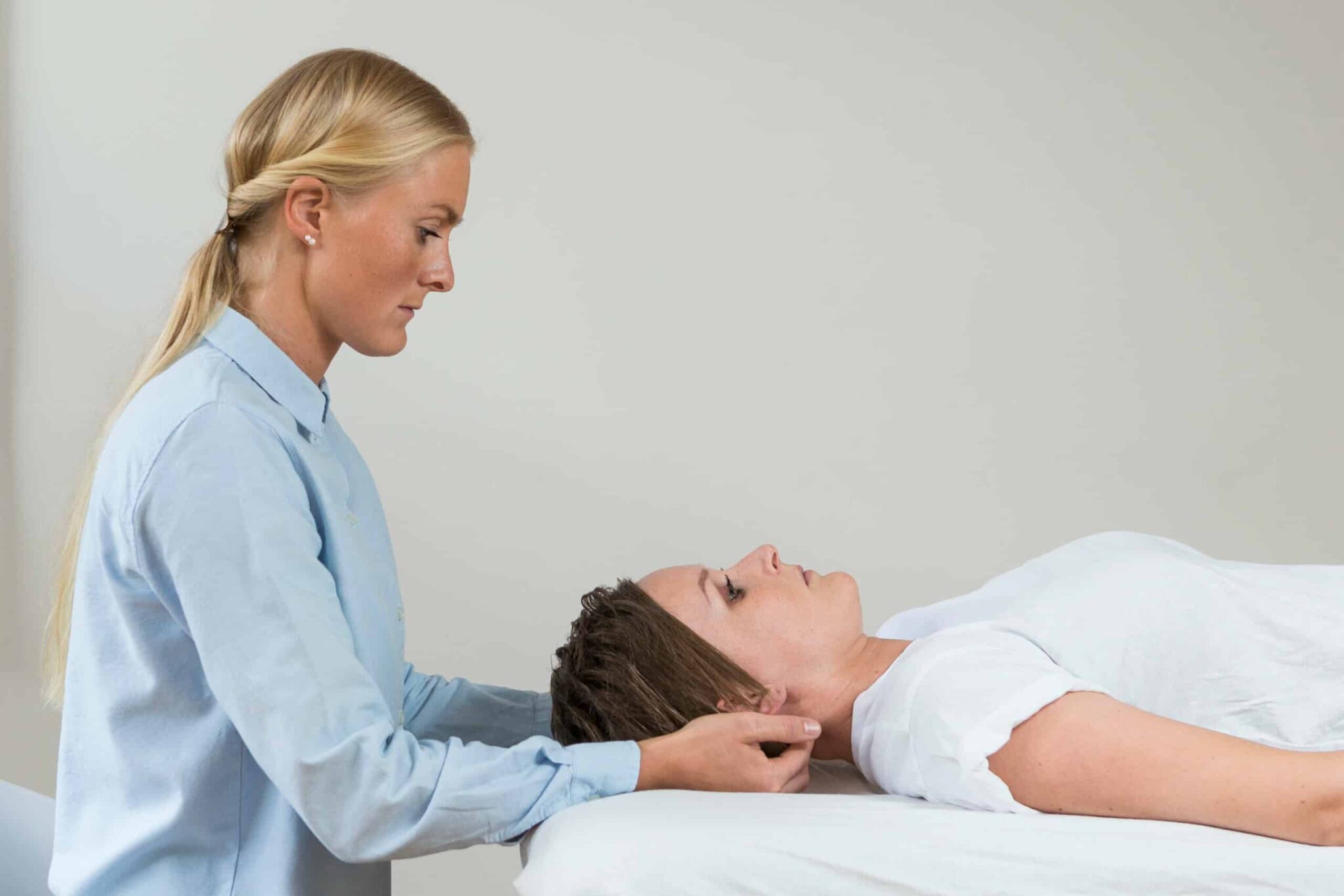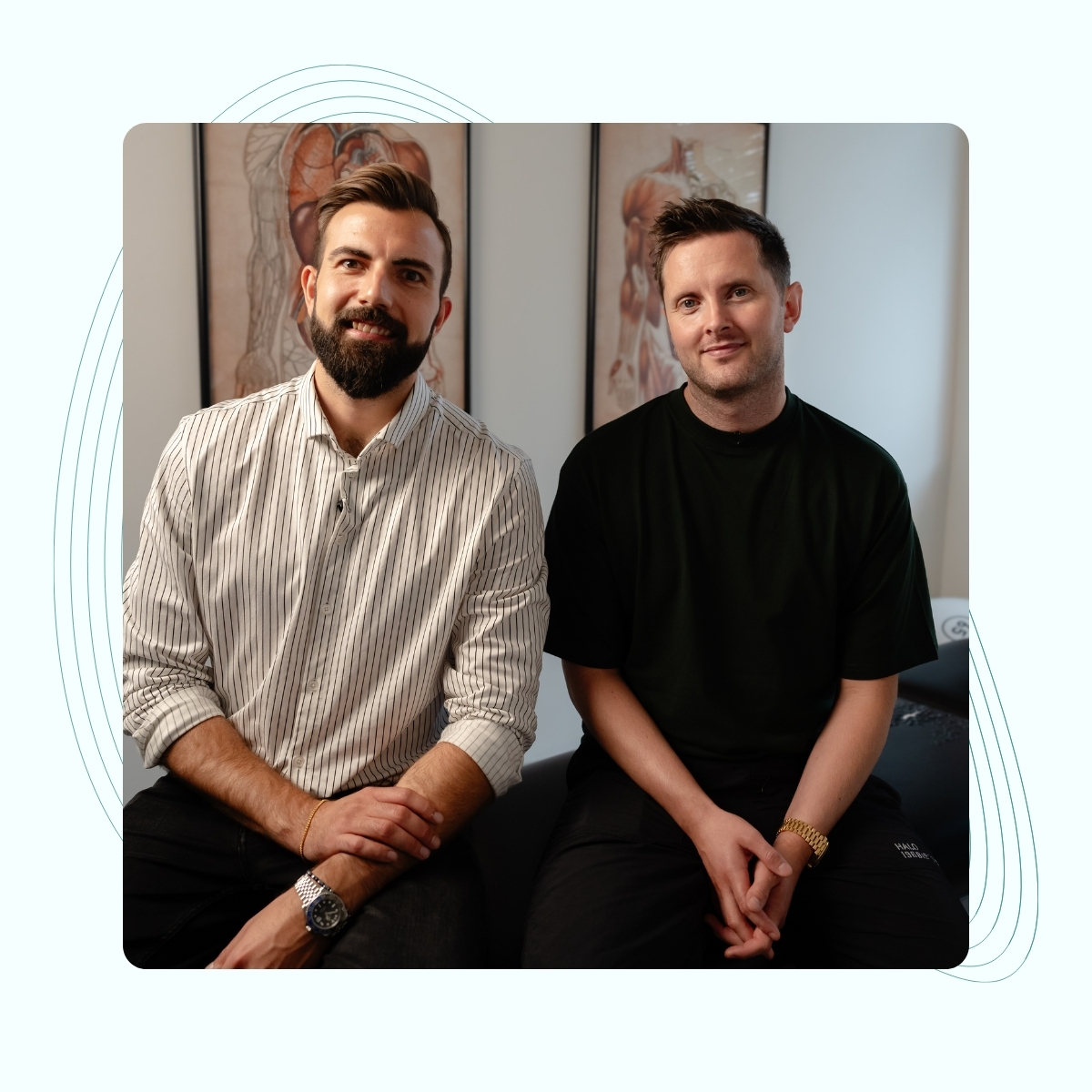What is anxiety?
Fear is primarily an emotion that exists to protect us when there is danger and it ensures that we react quickly. The emotion itself is harmless and natural.
But if you experience anxiety without any real danger, it develops into an illness and can be long-lasting.
There are several different types of this anxiety, including generalized anxiety disorder, panic disorder, OCD, PTSD and phobias.
What do the different types of anxiety involve?
- Generalized anxiety is a constant state of worry about everything from big to small issues.
- Panic disorder is anxiety that occurs in attacks. They pass but are very unpleasant, and many people end up developing fear of new attacks, which can lead to avoidance behavior.
- OCD consists of involuntary obsessions and compulsions, often in specific patterns. If the compulsions are not carried out, the person experiences great discomfort and thoughts that it will lead to disaster.
- PTSD is a stress reaction to traumatic experiences. The person experiences flashbacks and nightmares about the experience. This leads to emotional distancing and increased alertness. Phobias are fears of one or more specific things or situations. It leads to avoidance behavior of the specific object(s).
What are the symptoms of anxiety?
Anxiety causes both physical and psychological symptoms and also affects thoughts and behavior. The four aspects affect each other and can maintain each other and anxiety, which is why it is called the vicious circle of anxiety. The physical symptoms include palpitations, shortness of breath, sweating, heat and cold intolerance, nausea, tremors, dry mouth, tingling and numbness in the fingers.
The psychological symptoms vary and can range from mild anxiety, tension and a feeling of unreality to fear of death and fear of losing your mind.
You may experience constant symptoms and/or intermittent symptoms. They may be linked to specific situations or come out of the blue. It is common for different types of anxiety to occur at the same time. The symptoms you experience vary from person to person, and also depend on the type of anxiety disorder you have.
Who gets anxiety and why?
Anxiety is very widespread in the Western world.
Anxiety often debuts in childhood, adolescence or early adulthood but can also occur later in life. There is no one specific cause of anxiety, the cause is multifactorial. It can be heredity, congenital vulnerability, specific events, family predisposition, pressure, stress and abuse.
What can I do myself?
It is good to be open to seeking knowledge and help and remember that anxiety can be treated and is not life-threatening.
5 good tips for you with anxiety.
- Get to know your anxiety and take control of it.
- Find out what is stressing you out and get help to deal with it.
- Use relaxation exercises and breathing techniques to calm yourself and practice breaking heavy thoughts when they circle.
- Take care of yourself. Eat healthy, exercise, and get plenty of sleep.
- Be open about how you feel.
How is anxiety treated?
The course of the disease varies greatly from person to person and depending on the type of anxiety you have. Some people completely get rid of their anxiety and others live with it and learn to deal with it so that you can gain control of your own life.
You must seek help and treatment to prevent anxiety from becoming overwhelming and taking over your life and reducing your joy in life.
Osteopathy and anxiety?
As mentioned above, relaxation in the form of movement and breathing exercises can have a positive effect. We are experts in movement and physical activity, so we can help you find the form that works best for you and gives you joy and peace. In addition, we deal with manual treatment and patient guidance of the autonomic nervous system, the system that is the basis for anxiety to manifest in the brain and then in the body. Our patient education provides an understanding of the nervous system and the body that we experience gives a feeling of peace of mind. Something we almost always teach our patients.



